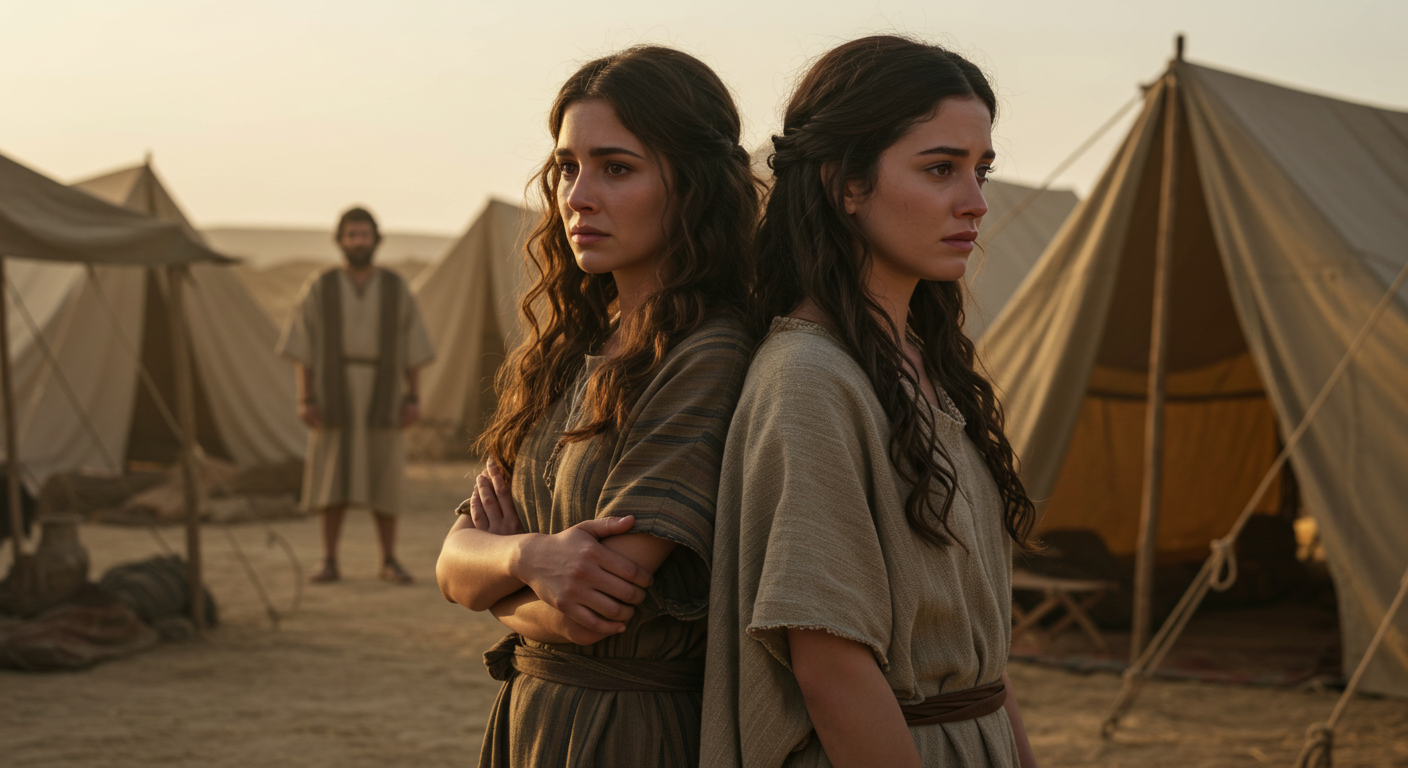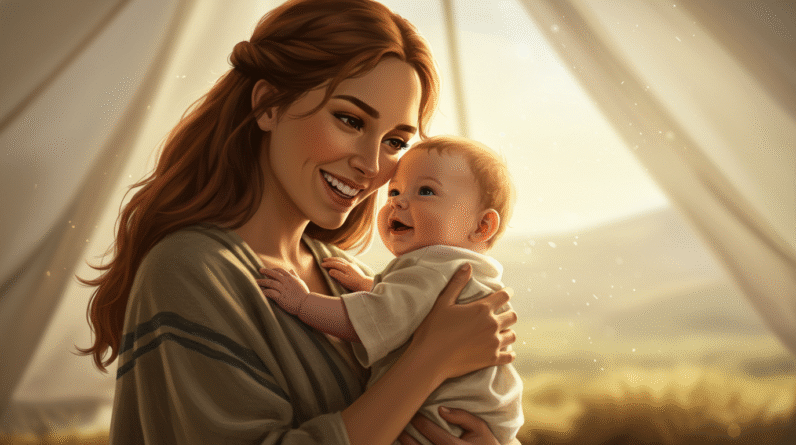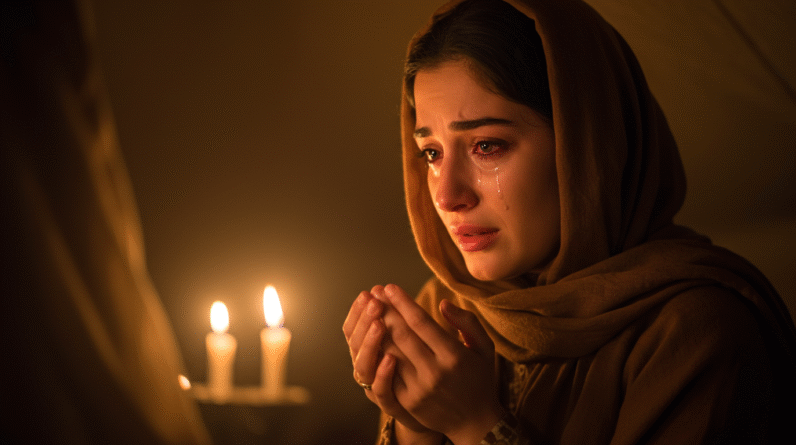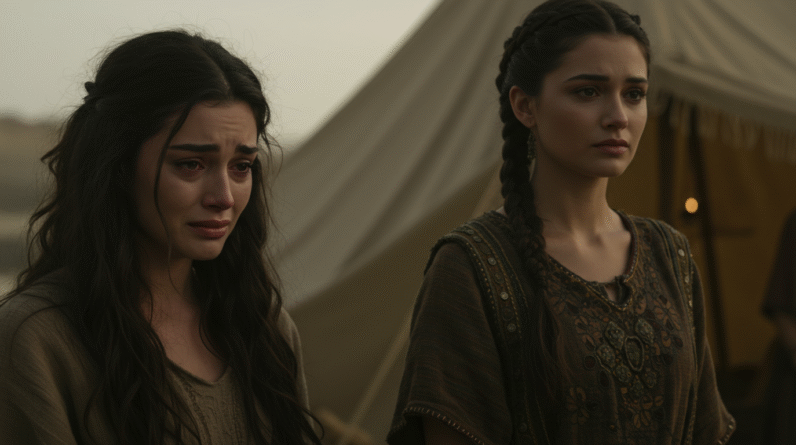Sibling Rivalry and Jealousy: What We Learn from Rachel and Leah
Sibling rivalry is a tale as old as time, often manifested as a bumpy road filled with potholes of jealousy, competition, and complicated love. Perhaps no story illustrates these dynamics more vividly than that of Rachel and Leah in the Book of Genesis. These sisters’ intertwined lives offer a lens through which we can examine human emotions, motivations, and the eventual possibility of growth and reconciliation. So, buckle up as we dive into the storied past of the “Rachel and Leah rivalry” to glean some wisdom for today’s modern family dilemmas.
Setting the Scene: Who Were Rachel and Leah?
Before delving into the emotional undercurrents, it’s crucial to understand the backgrounds of Rachel and Leah. Both were daughters of Laban and lived in an ancient cultural context where family ties were as convoluted as they were crucial. Leah, the older sister, and Rachel, noted for her beauty and grace, were thrust into a complex relationship when Jacob, their cousin, came into the picture. Jacob loved Rachel deeply and promised to work seven years for Laban to marry her. However, the story takes a turn when Laban deceitfully marries Leah to Jacob first.
From the onset, we see how the complexities of familial relationships are not a modern invention. Sibling rivalry didn’t just pop out of nowhere; it’s embedded in the fabric of familial stories. The ensuing competition, jealousy, and ensuing drama between Rachel and Leah showcase this rivalry in a poignant light.
The Catalyst: A Patina of Deception and Favoritism
Laban’s trickery, switching daughters on the wedding night, was more than just a narrative twist—it was a catalyst for a lifetime of rivalry. Imagine Leah’s bittersweet feelings; she was finally married, albeit to a man who had not chosen her. Meanwhile, Rachel must have felt a harsh sense of betrayal and longing, given that she had been the one Jacob truly loved.
Dealing with favoritism and deception is not unusual in family settings. Whether it’s parents favoring one child or siblings put in situations that spark rivalry, these dynamics can fester and grow. Rachel and Leah were not just fighting for a husband’s affection but were caught in a web of family dynamics that set them up as rivals from the very beginning.
Competing for Love: The Battleground of Affection
The struggles of Rachel and Leah did not stop at their entangled marital situation; they spilled into the realm of motherhood. Leah bore Jacob several sons, each time hoping this would make her beloved in her husband’s eyes. Rachel, initially barren, experienced immense jealousy. It appeared as if everything Leah lacked in affection from Jacob, she compensated for with children.
Motherhood became a battlefield, a twisted competition for who could claim the higher status through offspring. This was not just about bearing children; it was about recognition, respect, and ultimately, a quest for love. The longing for validation, however, reveals a lot about the emotional needs and vulnerabilities common to all human experiences.
Jealousy: The Unseen Poison
Jealousy often goes unacknowledged, simmering beneath the surface as it corroded Rachel and Leah’s relationship. It’s like a poison—slow, effective, and often ignored until it’s too late. Rachel’s envy of Leah’s ability to bear children colored her interactions and decision-making processes, leading her to offer her maid, Bilhah, to Jacob in hopes of gaining children through her. Leah mirrored this by offering her servant Zilpah, resulting in even more children.
These moves were strategic but steeped in jealousy—a coping mechanism to even the odds. For many of us, jealousy manifests in subtler ways but can be equally damaging if left unchecked. Through Rachel’s and Leah’s story, we see how society’s pressures and personal insecurities can push us to make decisions driven by envy, rather than love or wisdom.
The Turning Point: Learning to Coexist
While the narrative might suggest that Rachel and Leah were forever locked into cycles of rivalry and jealousy, there are glimmers of co-existence. With time and life’s trials, including the hardship of wandering and the challenges of family life, they found ways to navigate their complex relationship alongside raising the children they collectively bore.
This shift did not come overnight and was not without its struggles, but it softly points to the potential for evolving beyond discord. Families today can take a cue from Rachel and Leah, understanding that sibling rivalry doesn’t have to be a lifelong sentence. Growth and compromise often sprout from places of discord, and eventual understanding is possible.

Life Lessons from the Rachel and Leah Rivalry
So, what can we glean from the “Rachel and Leah rivalry” saga? First, it presents a raw and honest illustration of human emotions. It’s a mirror reflecting our own familial struggles and emotional baggage. Through them, we learn that:
- Open Dialogue: Communication could have possibly diminished some of the animosity between Rachel and Leah. Families today can benefit from fostering spaces where open dialogue is encouraged.
- Shared Goals: When their focus shifted more toward shared family responsibilities rather than individual competition, their relationship saw glimpses of improvement. Achieving common goals can build bridges in fractured relationships.
- Acknowledging Emotion: Repressing jealousy or anger only intensifies them. Acknowledging these feelings, without judgment, can help neutralize their power over our decisions and interactions.
Moving Beyond Rivalry: Tips for Modern Families
With the lessons from Rachel and Leah fresh in our minds, how can we apply their story to our lives? Here are some simple yet effective strategies:
Encourage Empathy
Understand that every sibling has their battles—even if they are not immediately obvious. Cultivating empathy within the family can ease tensions, ensuring everyone feels supported and loved.
Fairness, Not Equality
The goal is fairness in treatment, not necessarily equality. Each sibling is unique, and situations often require tailored approaches to their needs and capabilities.
Celebrate Individual Strengths
Highlight the unique talents and strengths of each sibling so they feel valued for who they are, not overshadowed by the achievements of another.
Professional Guidance
Don’t hesitate to seek family therapy or counseling when rivalries and jealousies impact the familial harmony. Sometimes, a third-party perspective can offer invaluable solutions and healing paths.
Conclusion
The story of Rachel and Leah is more than just an ancient tale; it’s a timeless exploration of sibling rivalry, love, jealousy, and eventual reconciliation. This biblical narrative encourages us to peer deep into our relationships and to find areas where empathy and understanding can transform rivalry into camaraderie. As with Rachel and Leah, the path to resolution often involves accepting life’s complexities, communicating openly, and celebrating the different strengths within a family.
Explore More
For further reading and encouragement, check out these posts:
👉 7 Bible Verses About Faith in Hard Times
👉 Job’s Faith: What We Can Learn From His Trials
👉 How To Trust God When Everything Falls Apart
👉 Why God Allows Suffering – A Biblical Perspective
👉 Faith Over Fear: How To Stand Strong In Uncertain Seasons
👉 How To Encourage Someone Struggling With Their Faith
👉 5 Prayers for Strength When You’re Feeling Weak

📘 Jesus and the Woman Caught in Adultery – Grace and Mercy Over Judgement
A powerful retelling of John 8:1-11. This book brings to life the depth of forgiveness, mercy, and God’s unwavering love.
👉 Check it now on Amazon
As a ClickBank Affiliate, I earn from qualifying purchases.
Acknowledgment: All Bible verses referenced in this article were accessed via Bible Gateway (or Bible Hub).
“Want to explore more? Check out our latest post on Why Jesus? and discover the life-changing truth of the Gospel!”








